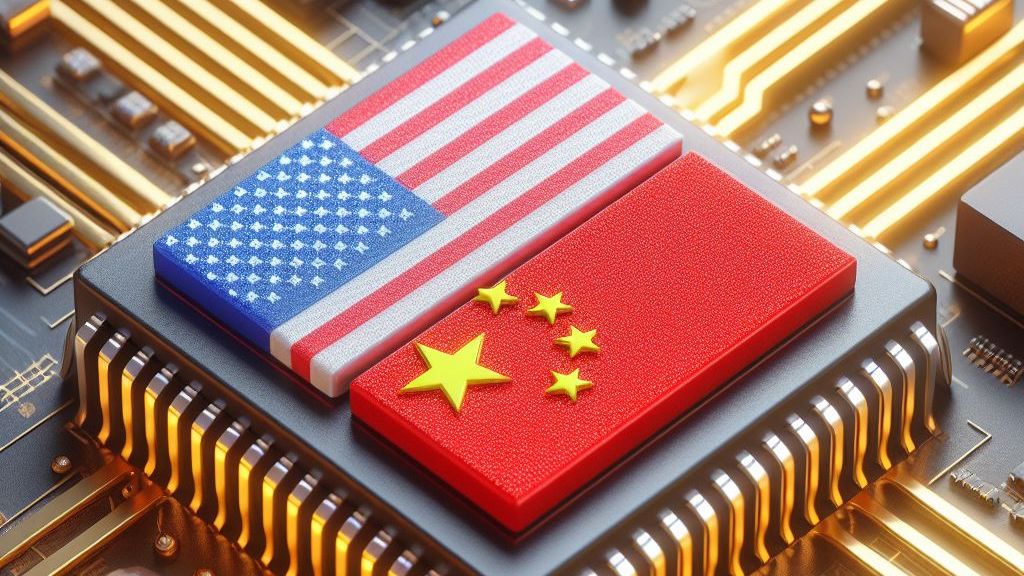
In a significant move to safeguard its strategic technological edge, the U.S. Department of the Treasury has announced stringent new regulations aimed at curbing American investments in China’s quantum technology sector. This decision comes as part of a broader strategy to prevent advancements in quantum computing and related fields from bolstering China’s military and intelligence capabilities.
The New Regulations
Under these new rules, U.S. companies are now prohibited from making certain types of investments in Chinese companies involved in quantum information technologies, semiconductors, and artificial intelligence. These sectors have been identified as critical to national security due to their potential applications in secure communications, advanced military command systems, and intelligence operations.
The regulations require U.S. entities to notify the Treasury before proceeding with any transactions that might fall under these new restrictions. This includes a detailed scrutiny process where companies must provide information about their dealings, ensuring that they do not inadvertently contribute to technologies that could threaten U.S. security interests.
Strategic Implications
The decision reflects growing concerns over China’s rapid advancements in technology that could potentially outpace or challenge U.S. dominance in these areas. Quantum technology, in particular, has been highlighted for its revolutionary potential in breaking current encryption methods, thereby posing a direct threat to national security if not managed with caution.
U.S. Treasury Secretary Janet Yellen emphasized the administration’s commitment to maintaining an open investment environment while protecting critical technological advantages. “We are navigating this delicate balance by ensuring our investments do not enhance the military or intelligence capabilities of nations that could use this technology against us,” Yellen stated.
Broader Context and Reactions
This move aligns with a series of actions taken by the Biden administration to limit technology transfers to China, including previous restrictions on semiconductor manufacturing equipment and AI technology. The policy has been met with mixed reactions globally:
- U.S. Tech Industry: There’s a divide. Some companies express frustration over the potential loss of market share and innovation partnerships, while others see it as a necessary step to protect national interests.
- Chinese Government: Official responses from China have not yet been detailed, but past reactions suggest they might view these restrictions as an escalation in technological and economic warfare, potentially leading to retaliatory measures.
- International Community: Allies like Japan and South Korea, who have vested interests in technology and security, are closely watching these developments. There’s a concern that this could lead to a fragmented global tech environment.
Future Outlook
The rules are set to go into effect from January 2, 2025, with the Treasury Department tasked with overseeing compliance. This latest restriction is part of a continuing U.S. strategy to safeguard its technological sovereignty while navigating the complex web of international trade and security. Analysts suggest that this could lead to a reevaluation of global investment strategies in technology sectors, possibly prompting countries to develop more self-reliant tech ecosystems or to form new alliances in tech development.
As nations grapple with the dual forces of technological advancement and national security, the U.S.’s latest policy underscores a pivotal shift towards a more guarded approach in international tech investments, potentially reshaping the global tech landscape in the years to come.






